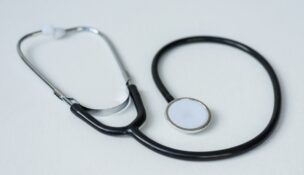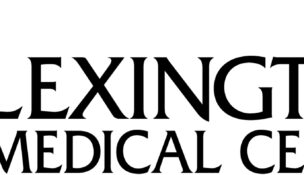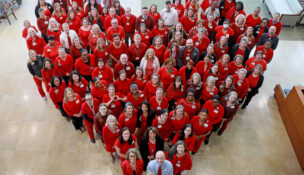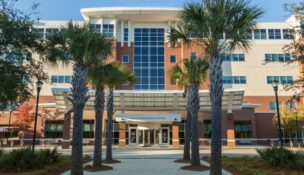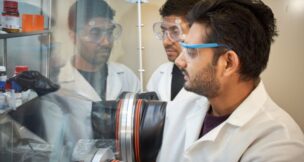DHEC receives funds to study congenital heart defects
Staff Report //July 30, 2019//
The Centers for Disease Control and Prevention has awarded a $2 million grant to six groups throughout the country, including the S.C. Department of Health and Environmental Control, to study congenital heart defects.
The funding, awarded through the CDC’s birth defects and developmental disabilities branch, will be distributed over a five-year period.
Of the almost 1% of babies born in South Carolina with a congenital heart defect, 25% have a critical problem that requires surgery or other procedures in the first year of life, according to a news release from DHEC. The study will examine health challenges and outcomes for those born with congenital heart defects throughout their lives.
“DHEC’s birth defects program has partnered with physicians and organizations across the state to examine this important issue,” Nick Davidson, DHEC interim director of public health, said in the release. “This grant from CDC will be a great opportunity to serve South Carolinians living with congenital heart defects as well as the clinicians who support them.”
Cardiologists from the University of South Carolina School of Medicine, the Medical University of South Carolina, and Prisma Health are collaborating with DHEC in the study. The S.C. team will also assess genetic risk factors through a partnership with Greenwood Genetic Center, as well as how patients with congenital heart defects use health care services through a collaboration with the S.C. Office of Revenue and Fiscal Affairs.
“Congenital heart defects are the most common type of birth defect and affect thousands of people in our state,” said Vinita Oberoi Leedom, primary investigator of the grant and manager of the S.C. Birth Defects Program. “Through this opportunity, our team of dedicated professionals will strive to make a positive difference in the lives of impacted individuals and families.”






